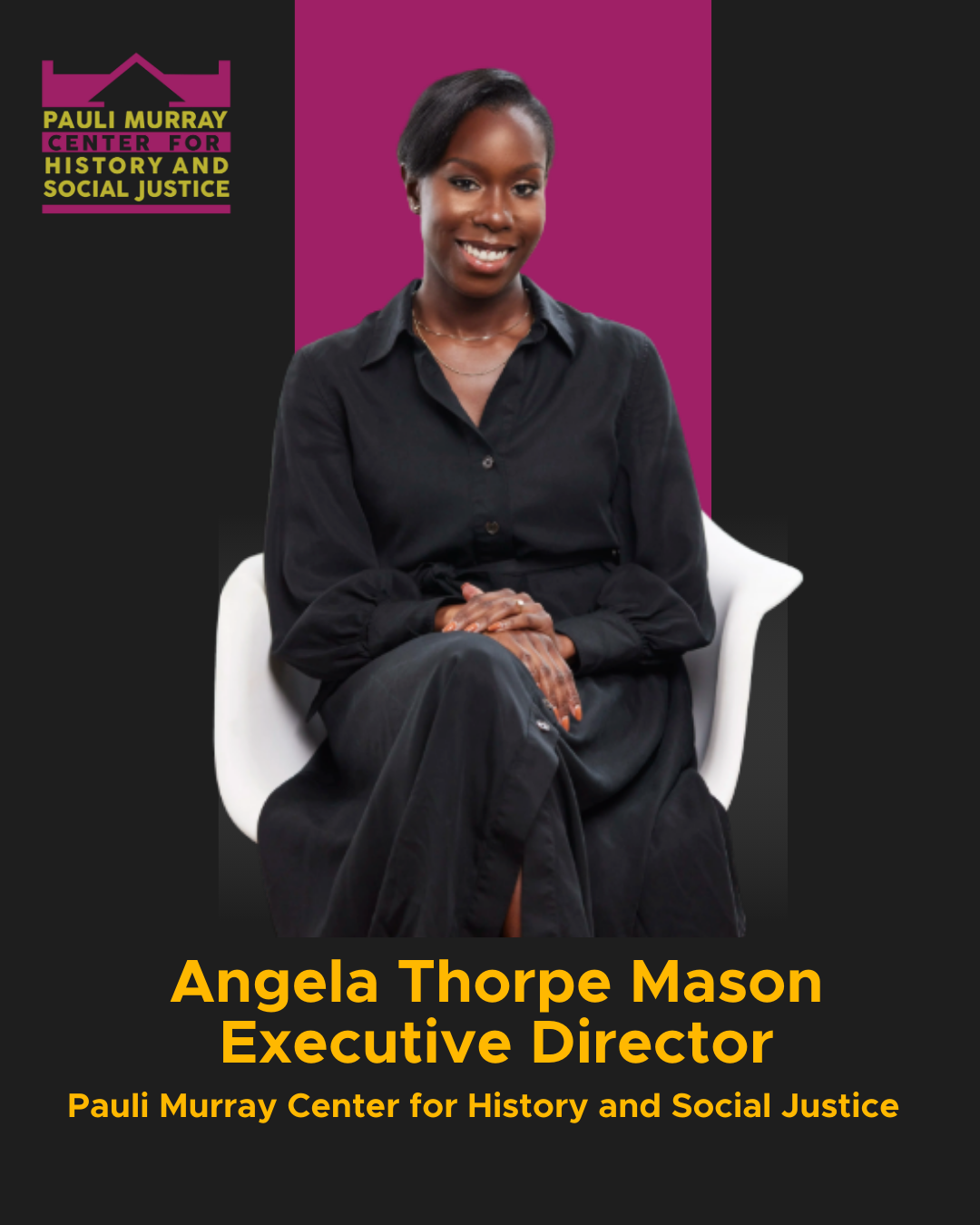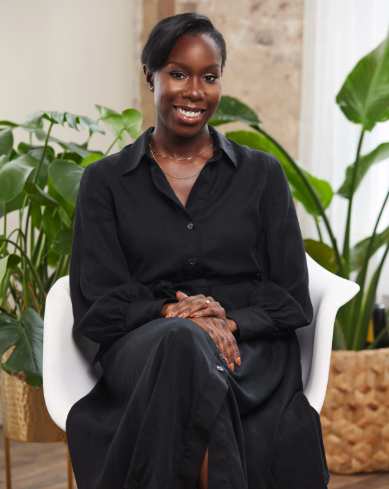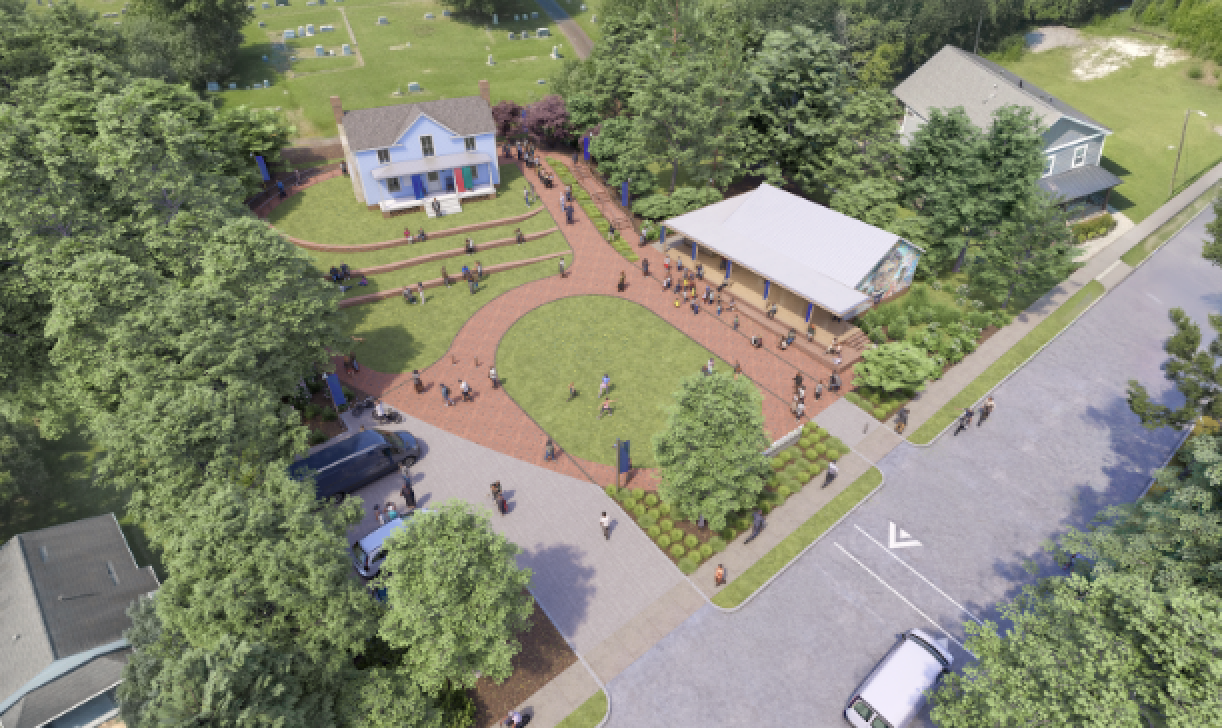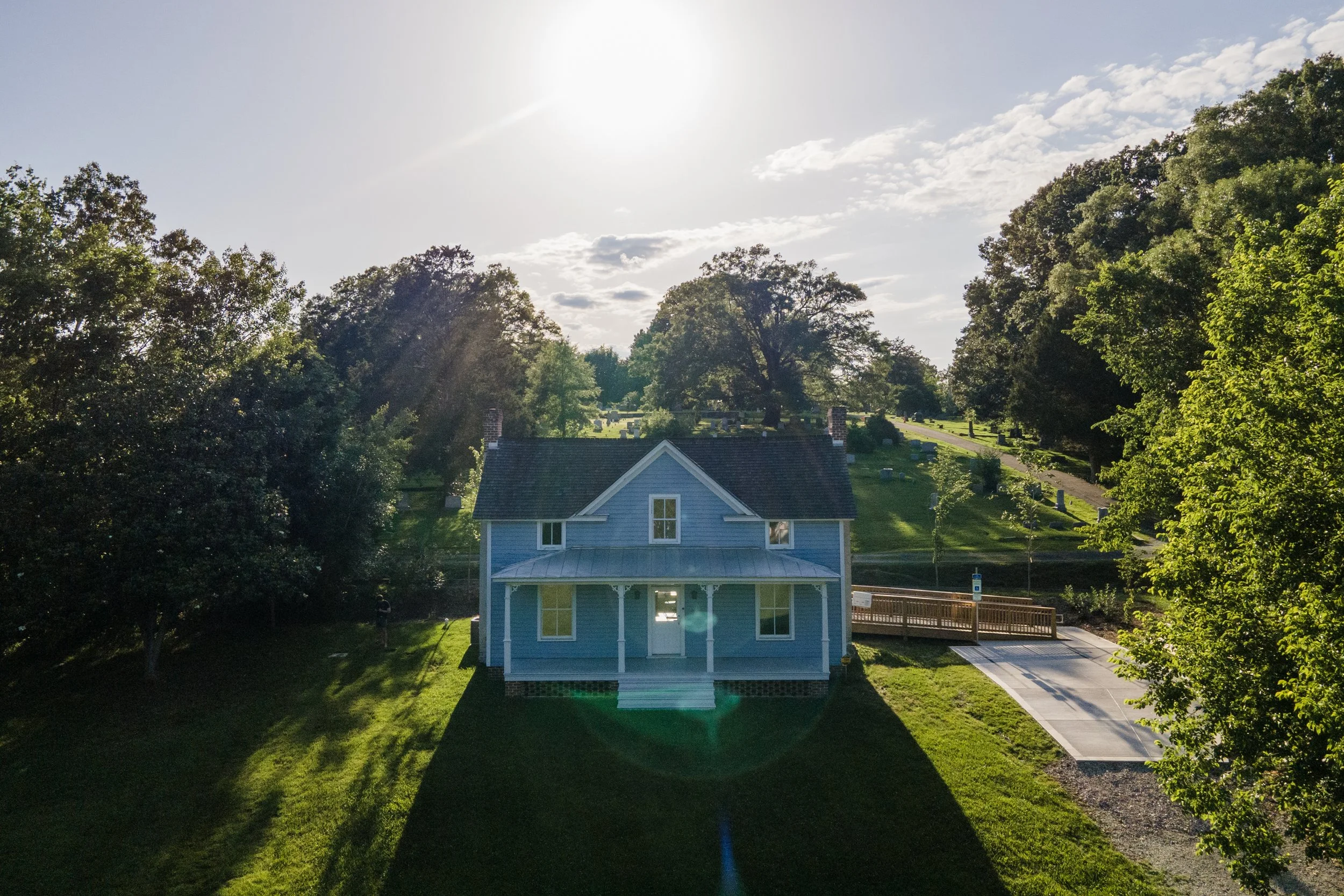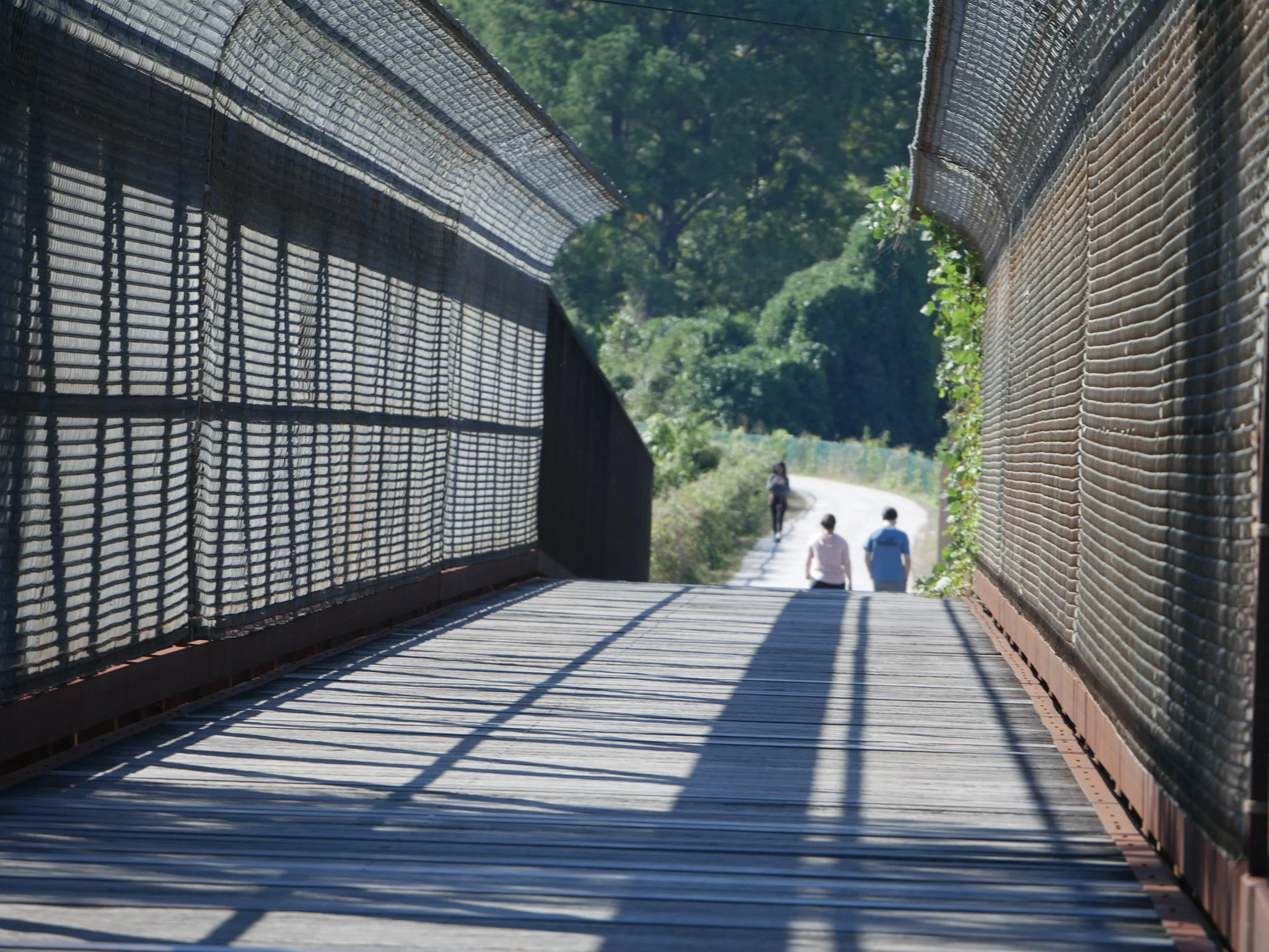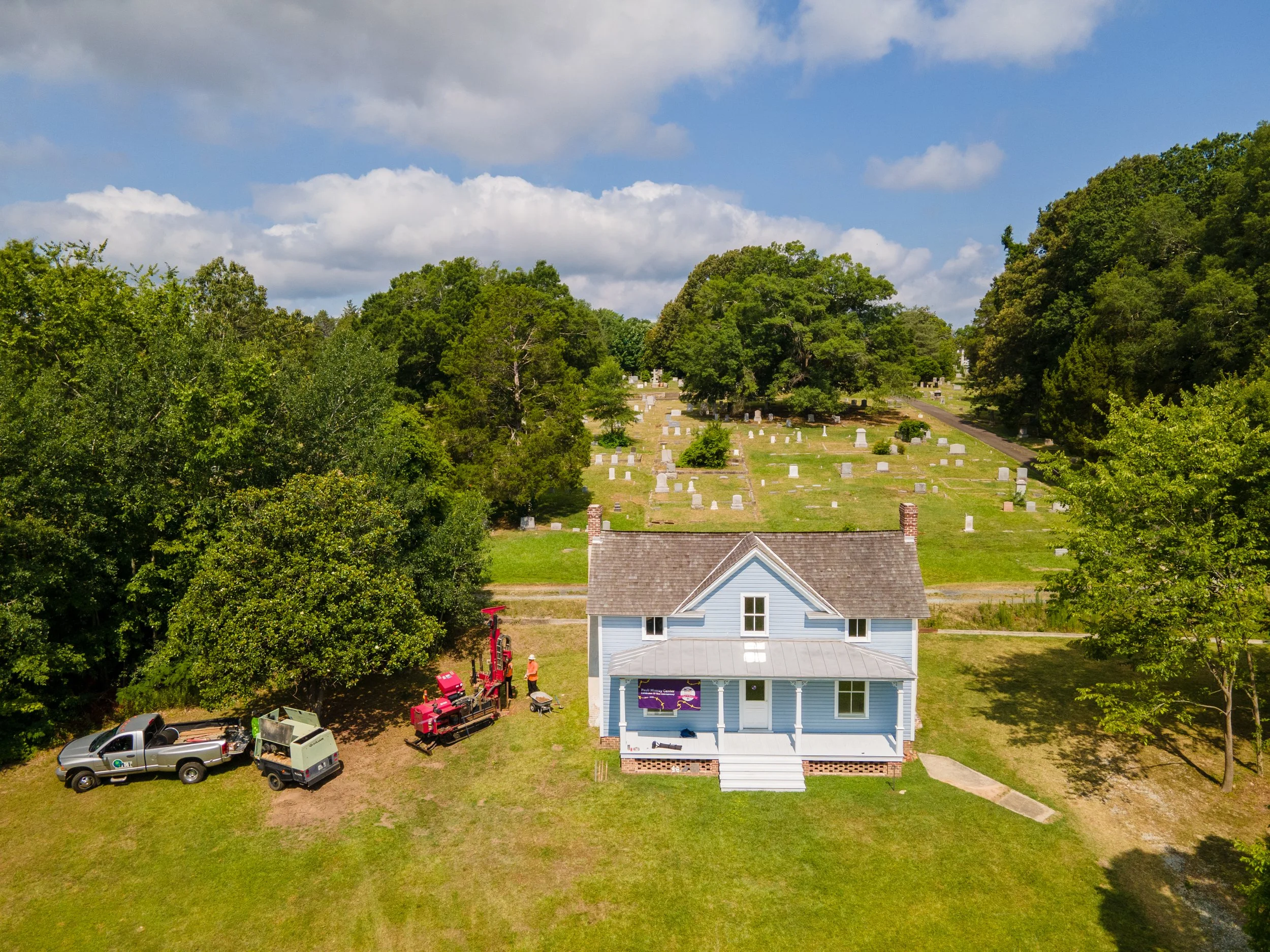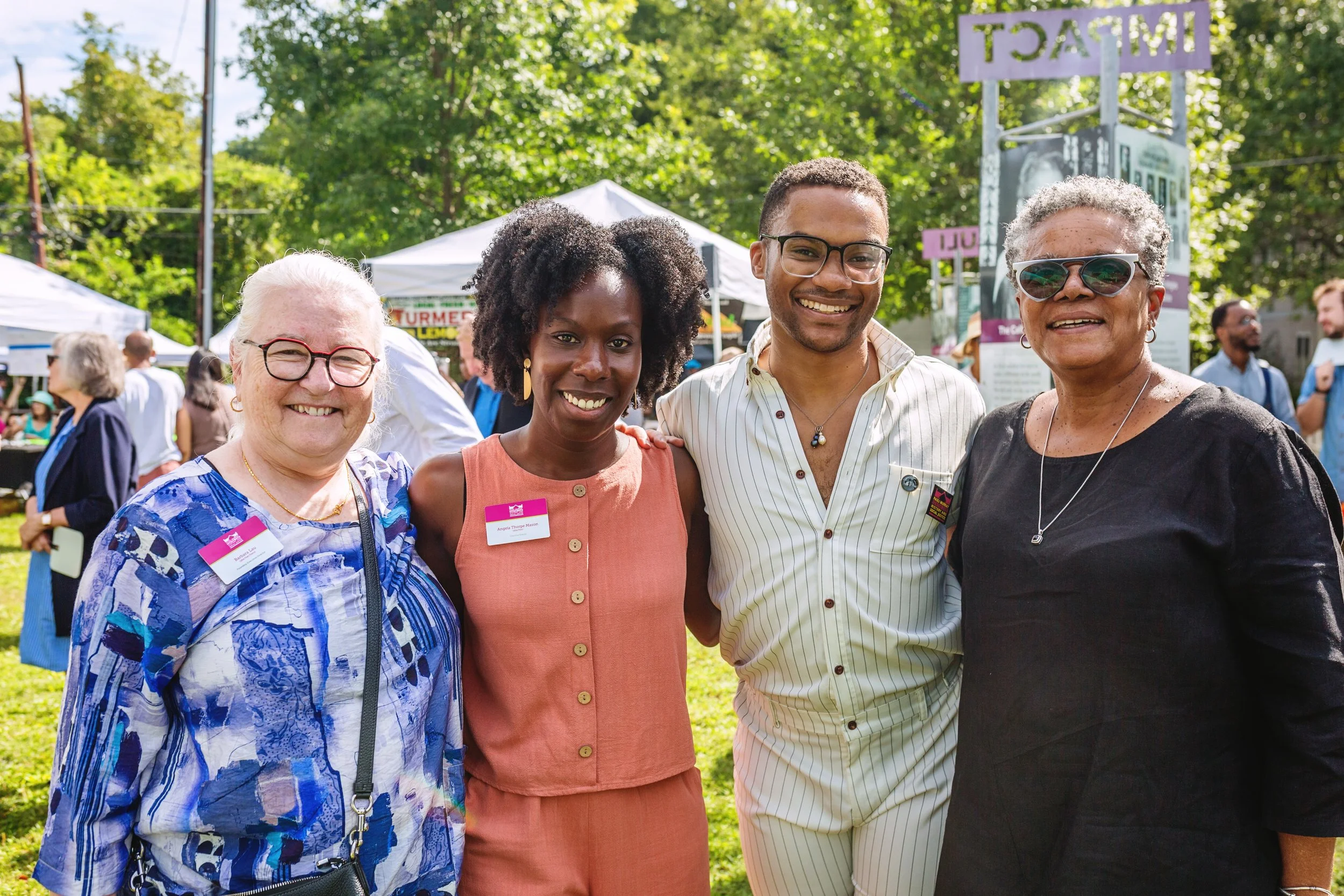Dear Friends:
We call Rev. Dr. Pauli Murray many things. Chief among them should be “historian”.
As we celebrate Black History Month, we simultaneously honor 100 years of Black History Month commemorations. Pauli Murray herself held history, and specifically the histories of everyday Black people, in high regard. Pay close attention, and you’ll find that much of Murray’s activism, legal theory, and faith-based and creative work is grounded in (Black) history. In fact, a piece of “creative historical non-fiction” held Murray’s attention for over two decades, outlasting careers, personal ambitions, political administrations, and world events.
Pauli Murray sketched the bones of what would become their sweeping genealogical memoir, Proud Shoes, in 1933 as a twenty-something, underemployed college graduate, artist, and labor organizer during the Great Depression. Murray completed her memoir somewhat feverishly against the backdrop of the budding Civil Rights Movement and the McCarthy Era, determined to ground her fight “...against all forms of inequality…” in the tradition of her own family.
This decades-long journey strengthened Murray’s ideals in a way that transformed her approach to activism. Her deep archival research gave life to Black people that had previously been rendered anonymous. A penstroke here, a church record or census entry there; the mundane served as evidence that Black folks existed in the past, even in an era where they were considered ⅗ of a human. For Pauli, this fostered a stronger sense of personal identity, and reinforced her whole-humanness. Her genealogical mapping reinforced that what Black people have created cannot be disputed. Murray’s lineage consisted of “the lowly and the great”: the farmer and the trader; the dressmaker and the pharmacist. Each of these people were shaped by “...communities, institutions, politics, and personalities…” that they themselves contributed to. Weaving together multiple generations helped Murray to understand her family history as a blueprint for survival and worldbuilding, albeit a complicated one. Murray came from people who survived the Civil War and the chaos of Reconstruction; from people who were ambivalent towards slavery; and from people who found the capacity to fall in love, create families, and be in community during the “...[low] ebb…” of the early Jim Crow Era.
In writing Proud Shoes, Murray came to understand that their grandparents, specifically, influenced their ideals around liberation and reconciliation, shaping their decision to become a civil rights activist and later, an ordained minister. Living into these ancestral traditions, Murray offered, was “...the ultimate measure of [her] existence.” Through Proud Shoes, Rev. Dr. Pauli Murray teaches us that you cannot build a just future without understanding, deeply, the past.
Therefore, we must reject efforts to intentionally erase Black history; obscure the contributions of Black people; and render Black people anonymous. The same goes for all folks that have been pushed to the margins. Instead, we resist by honoring, documenting, preserving, sharing, and amplifying Black history in the spirit of Saint Pauli Murray.
Because the Black Past:
Forces us to interrogate what lies beneath injustice
Teaches us how to navigate facism
Shows us how to organize, build movements, and protect our neighbors
Guides us to understand ourselves
Invites us to understand our tangled, complicated relationships to one another
Enriches and enlivens our communities
Creates pathways for a more humane society
Offers a blueprint towards a just future
Onward,
Angela Thorpe Mason
Executive Director
Pauli Murray Center for History and Social Justice

